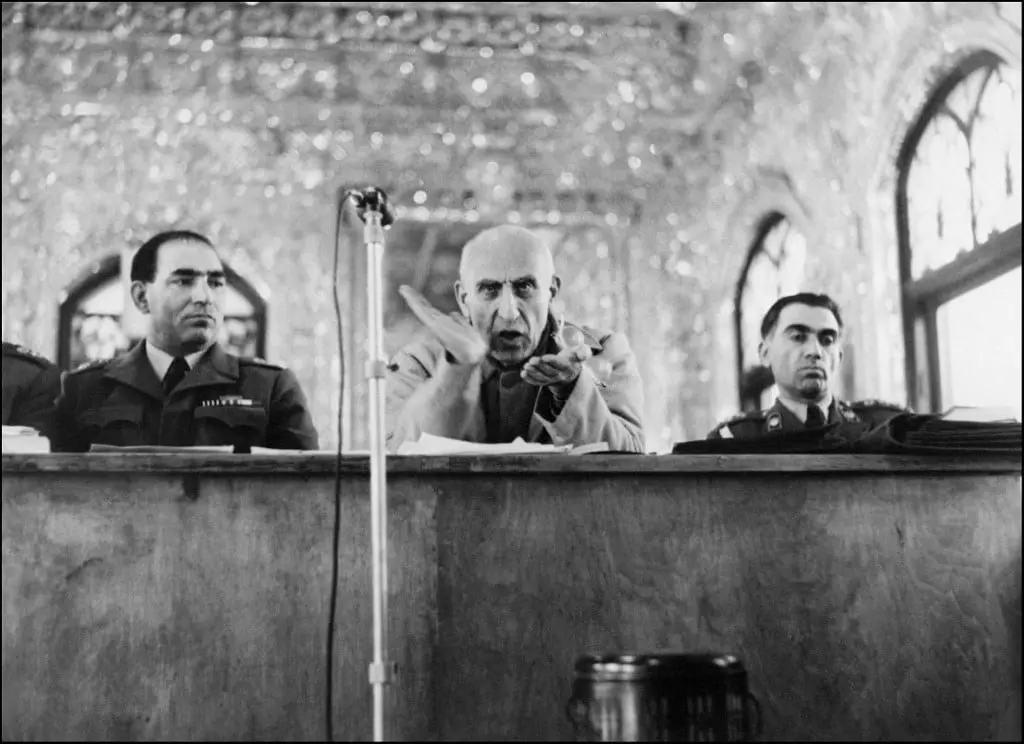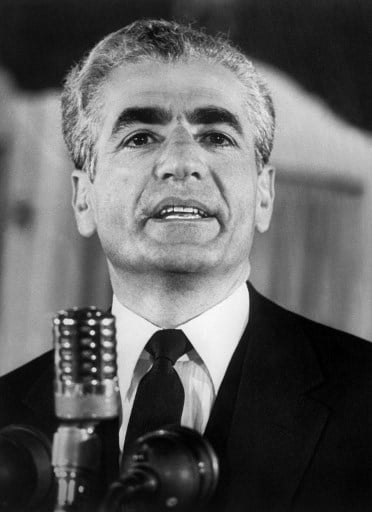
Introduction

On 16 September 1941, shortly before his 22nd birthday, Mohammad Reza Shah Pahlavi assumed the throne, against a backdrop of social and political disarray and economic crisis. In September 1943, Iran declared war on Germany, thus qualifying for membership in the United Nations. The Shah soon established himself as an indispensable ally of the West.
The effects of the war were disruptive for Iran. Severe inflation imposed great hardship on the lower and middle classes, and the presence of foreign troops accelerated social change and fed nationalist sentiments. Meanwhile, with the political control of the Reza Shah period removed, party and press activity were revived. The communist Tudeh Party was especially active in organizing industrial workers, calling for social and economic reform.
Mohammad Mosaddeq
In the early 1950s a struggle for control of the Iranian government developed between the Shah and Mohammad Mosaddeq, an Iranian nationalist. Since the 1940s Iranian sentiment for nationalization of the oil industry had grown strong. Mosaddeq secured passage of a bill in parliament to nationalize the British oil company’s interests in Iran in 1951. Mosaddeq’s popularity and power grew rapidly. By the end of April Mohammad Reza was forced to appoint Mosaddeq premier.
In August 1953 the Shah tried to dismiss Mosaddeq but was himself forced to leave the country by Mosaddeq’s supporters. Several days later, however, Mosaddeq’s opponents, supported and funded by the British and American intelligence services, launched a coup (the so-called Operation Ajax) and restored the Shah to power. Mosaddeq was arrested, put on trial, convicted of treason, and, on 21 December 1953, sentenced to death. This sentence was later commuted to three years, and he was later confined under house arrest. He died on 5 March 1967.

